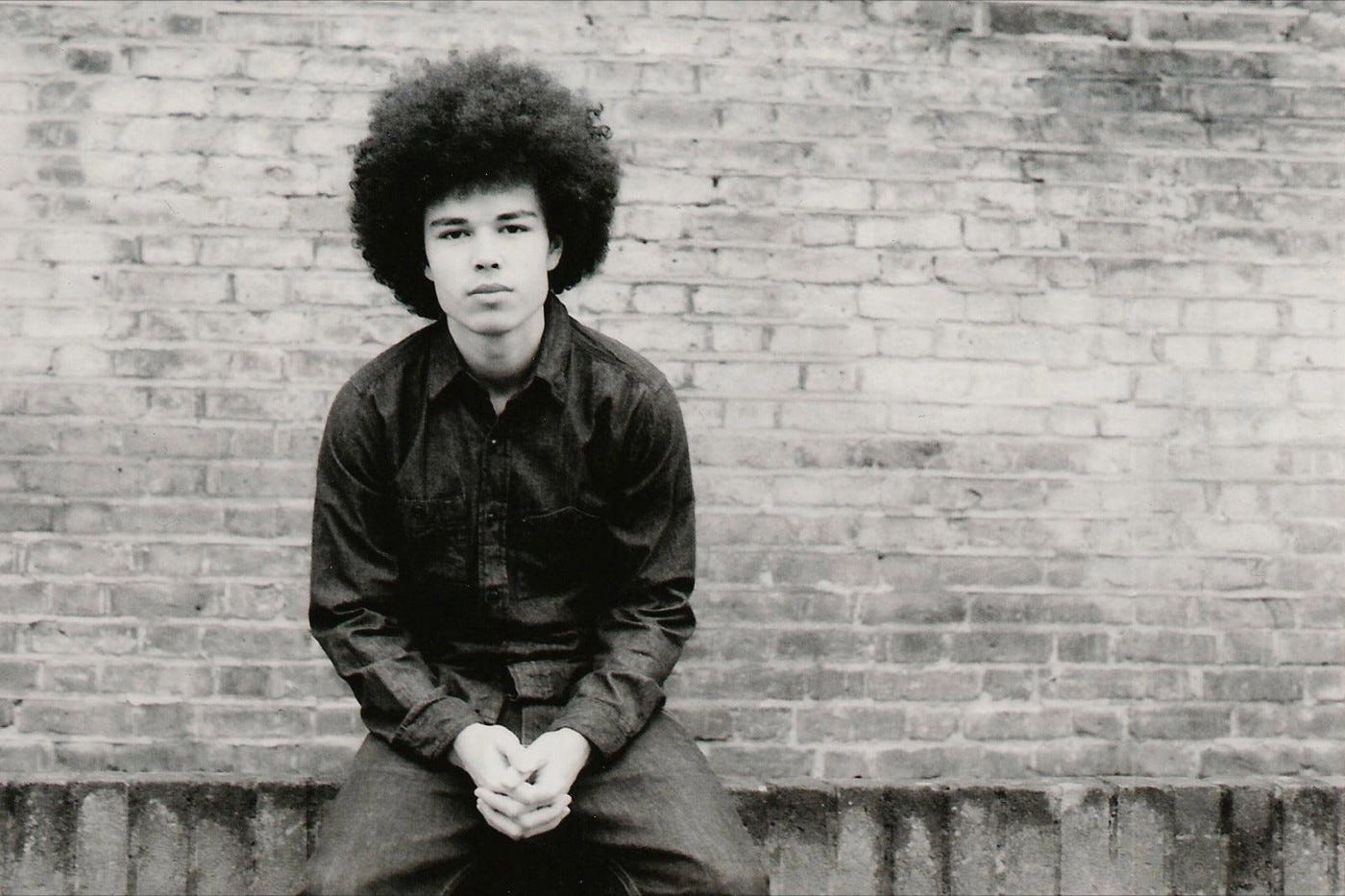How five years at a major record label made me hate music
Hate is a strong word, one I don’t find myself using too often. In fact, there are only a handful of things in life that I can genuinely claim to hate. Around this time, 5 or 6 years ago, music was one of them.
My journey into the music industry started when I was 15. In 2008 my friends at school convinced me to apply for The X Factor, the TV music competition franchise created by Simon Cowell. I progressed to the final 24, receiving an invitation to sing at Simon’s house in Barbados.
A few days before the flight to Barbados, my dad, who was due to chaperone me on the trip, had a non-fatal heart attack whilst performing on stage in Switzerland. Shortly after letting The X Factor know of my dad’s heart attack, I received a call from the show’s producers informing me that the song picked for me to sing next was How Can You Mend A Broken Heart by Al Green. Now that’s fucked up. I didn’t think much of it then, but this was my first experience of how manipulative and exploitative the music industry could be.
The X Factor had come to an end. I turned 16 and was off to college to study music technology. At college, I discovered a genuine love for producing and writing music. I would make music all day long and then go home to make it all through the night. Around this time, I met my manager, a nice guy who seemed to know what he was talking about but most of all believed in my music.
Through my manager, I was introduced to the UK electronic production duo Chase & Status. They were looking for someone to feature on their new single and thought my vocals would be a great fit. Our song Let You Go debuted at №11 in the UK Singles Chart and became the lead single of the award-winning multi-platinum selling album No More Idols.
Off the back of Let You Go’s success, the labels started knocking. I had meetings with all the majors and their countless substories, including Atlantic, Mercury, Island, Virgin, Epic, and Polydor, to name a few. Shortly before my 18th birthday, I signed a record deal with Warner Brothers Records and a publishing contract from Warner/Chappell Music. I spent the next few years honing my sound, writing my album and touring the world with acts such as Ed Sheeran, Chase & Status and Rudimental.
I completed my album. I had 15–20 songs to choose from, and I loved them all. My label didn’t. They would never admit it to me outright. Instead, I would receive off-beat calls suggesting how I could improve my writing to make my melodies more “catchy” and my lyrics more “relatable”. I wound up in week-long studio sessions with flavour of the month producers who had found success writing for flavour of the month popstars. Making music started to feel like a chore. I was recording songs and lyrics I didn’t even like. It was soul-destroying.
Don’t know how, but I’m still in control — one month on two girls on the go.
Spinning lies, talkin’ down the phone. Hand on heart pretentin’ I’m alone.Oooh oooh gettin’ away, I’m gettin’ away with it.
Oooh oooh gettin’ away, I’m gettin’ away with it.- Me, circ. 2013
Any ounce of passion and purpose I once had was being sucked out of me by the monotonous formula used by the major labels. I grew so tired of it and started refusing studio sessions. I’d make excuses not to make music. I hated it, and I hated the fact that I hated it. I knew something had to change. Eventually, I came to a settlement with the label and was out.
If I learnt anything from my time at a major label, it’s that there was nothing they were doing for me that I couldn’t just do myself. It’s no surprise then that independent and DIY artists are devouring the music industry. Since leaving Warner, I’ve been writing the best songs I have ever written and my love for music is stronger than ever. I vow to never again sign away my rights and creative freedoms. From here on out, I will be releasing music on my own terms via Korda, with the goal to one day make a living out of doing what I truly love.


